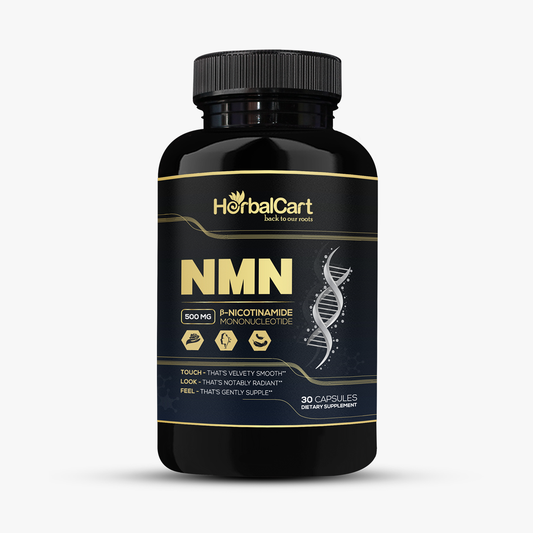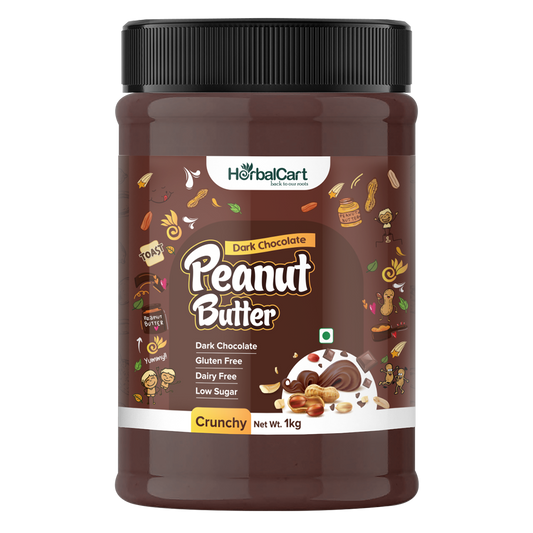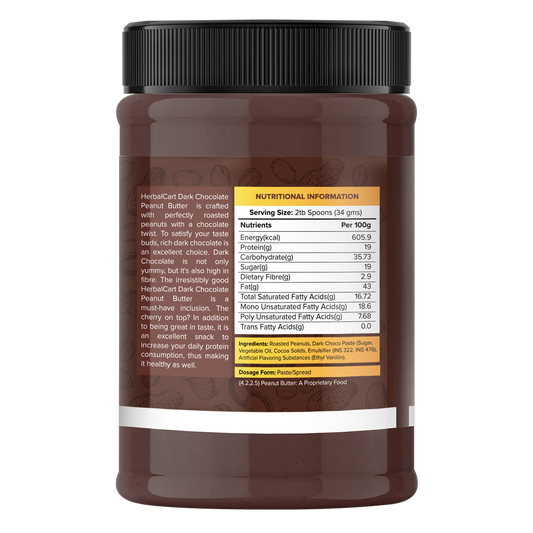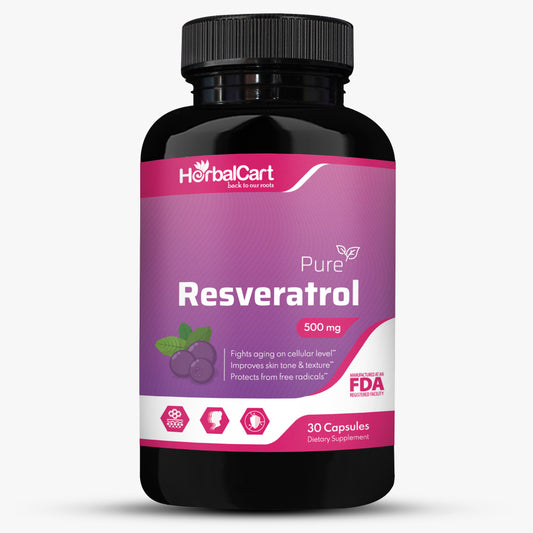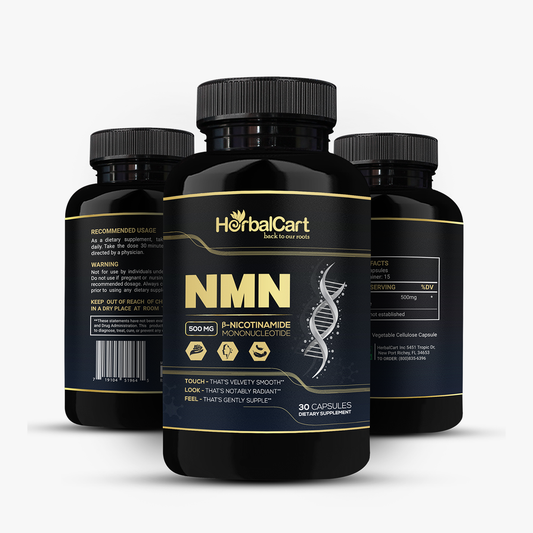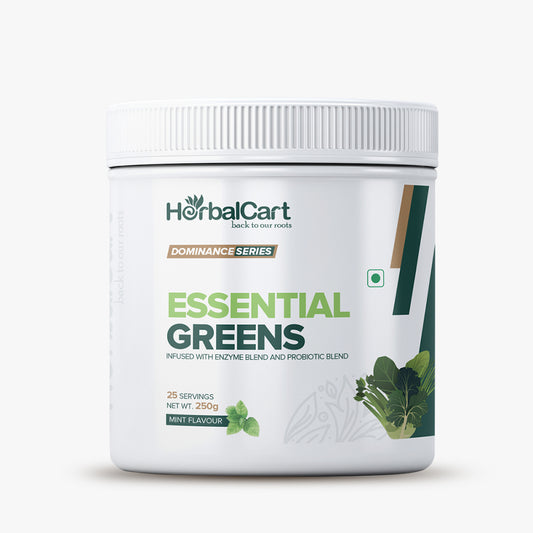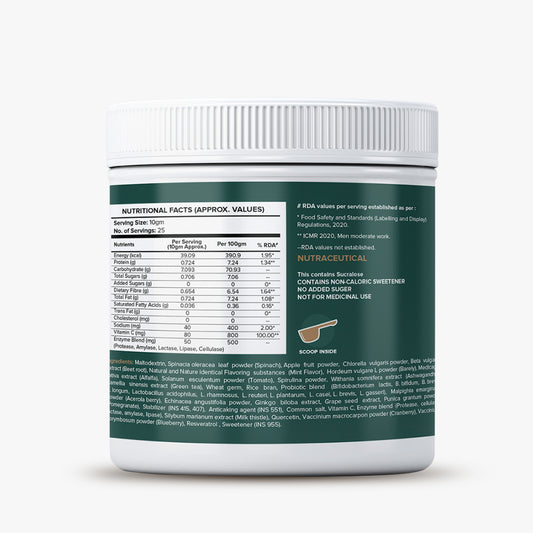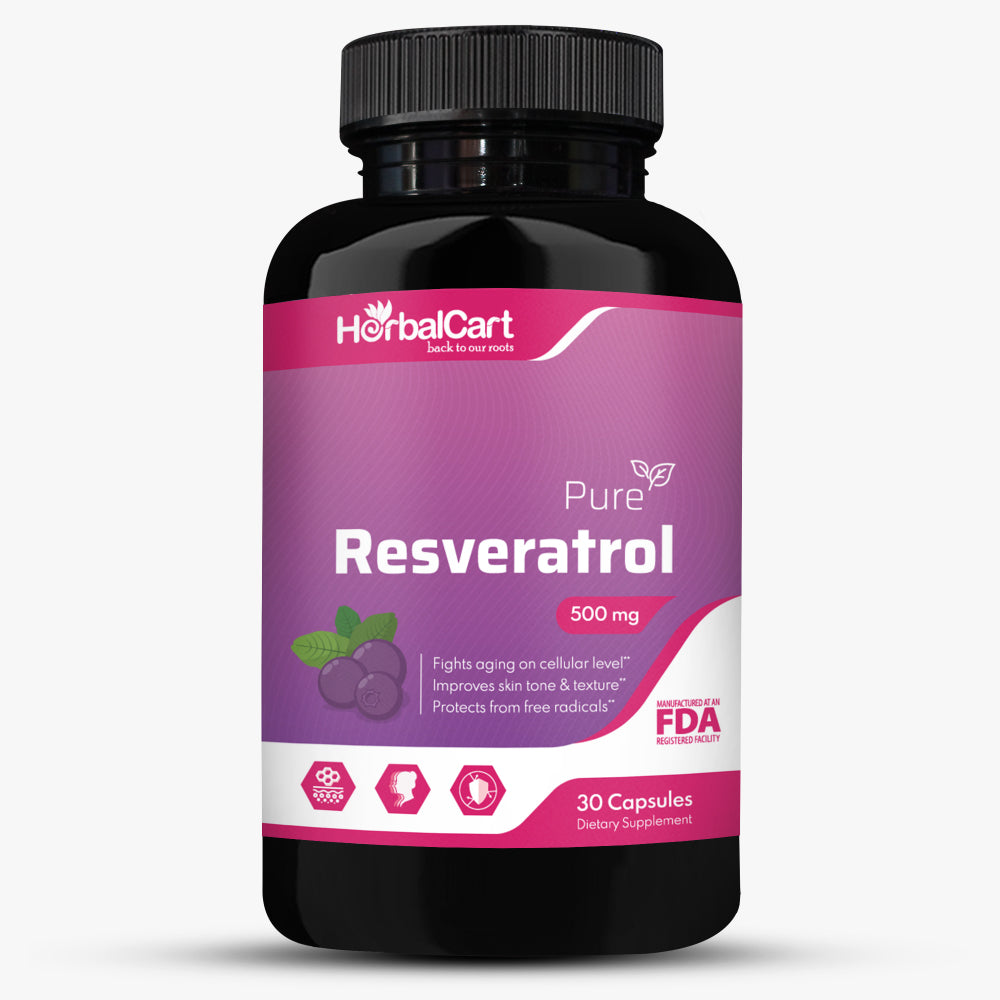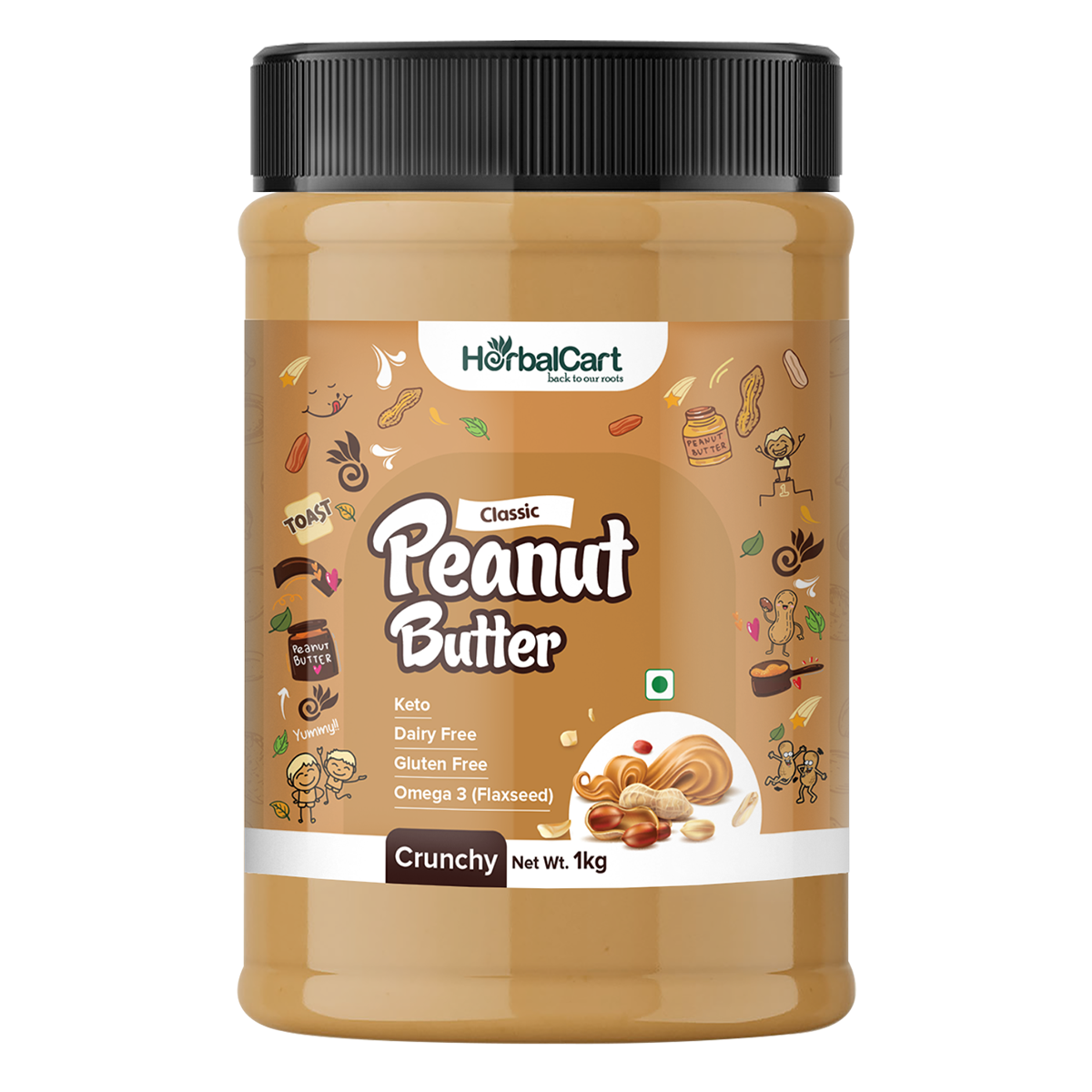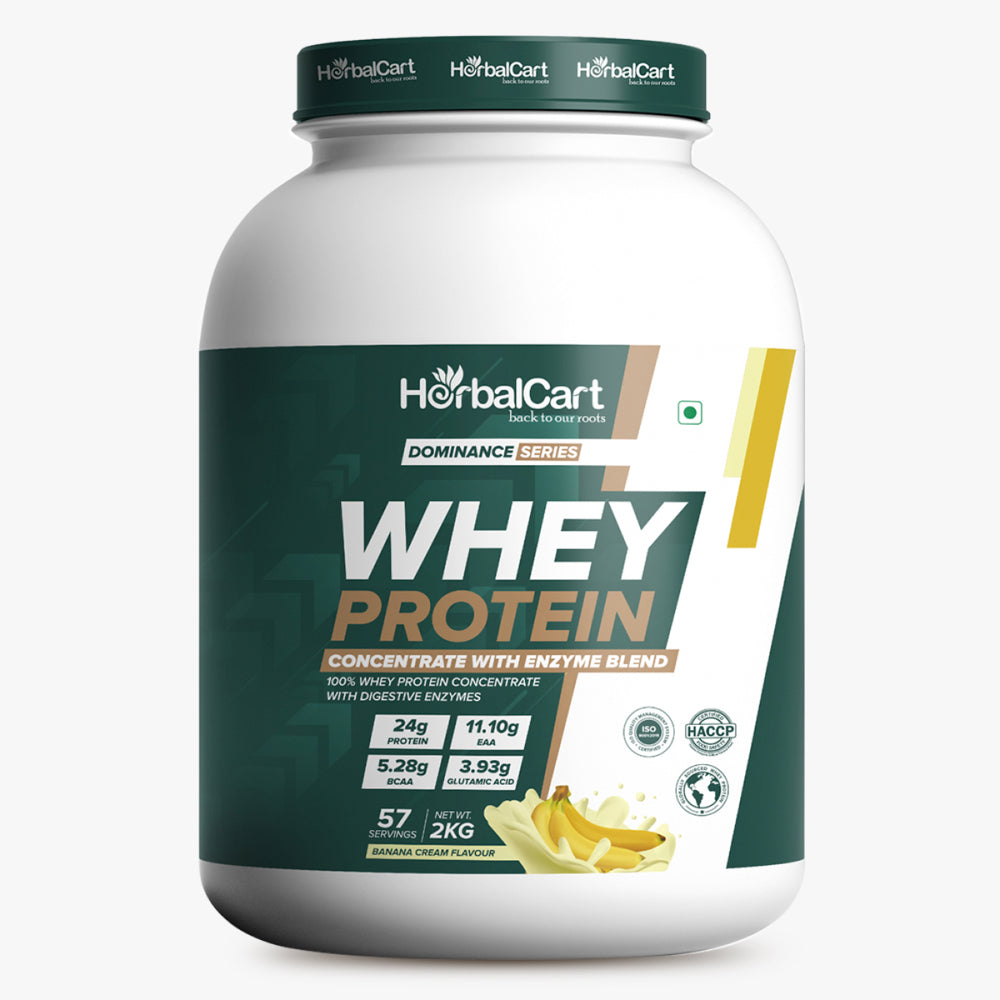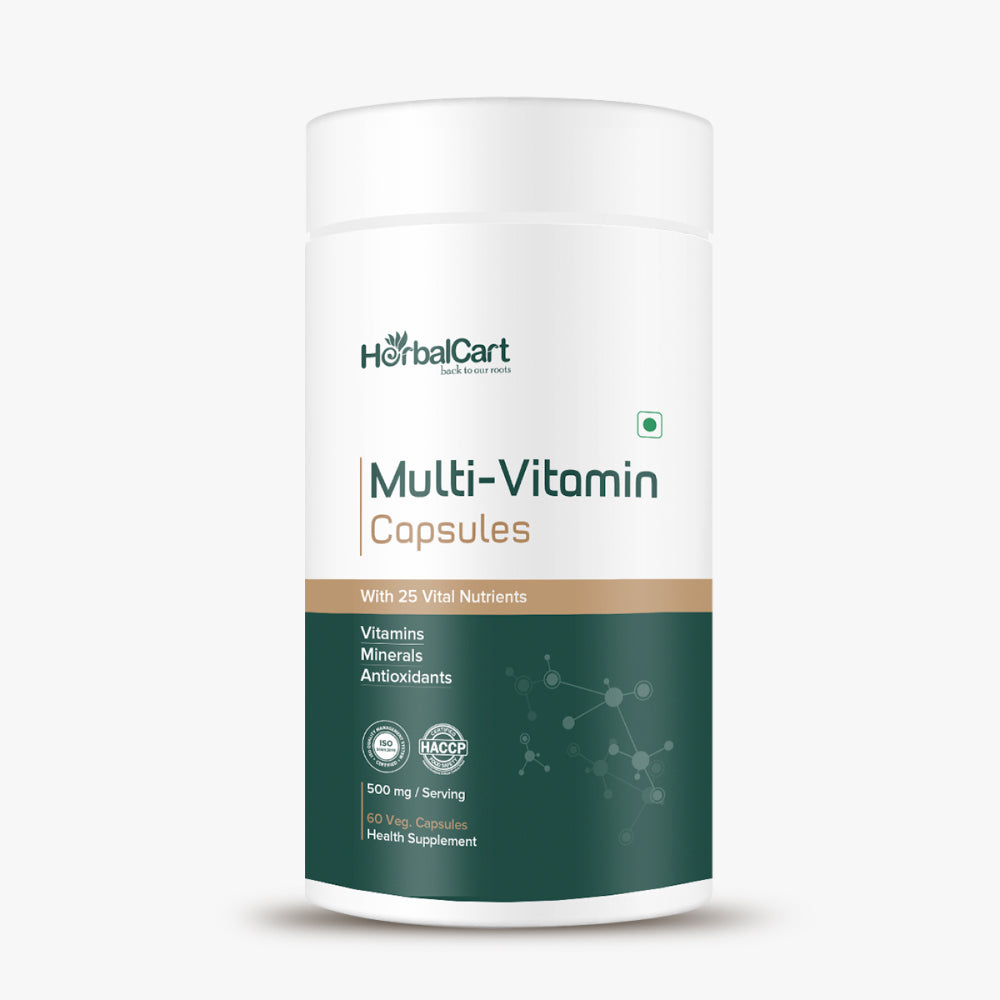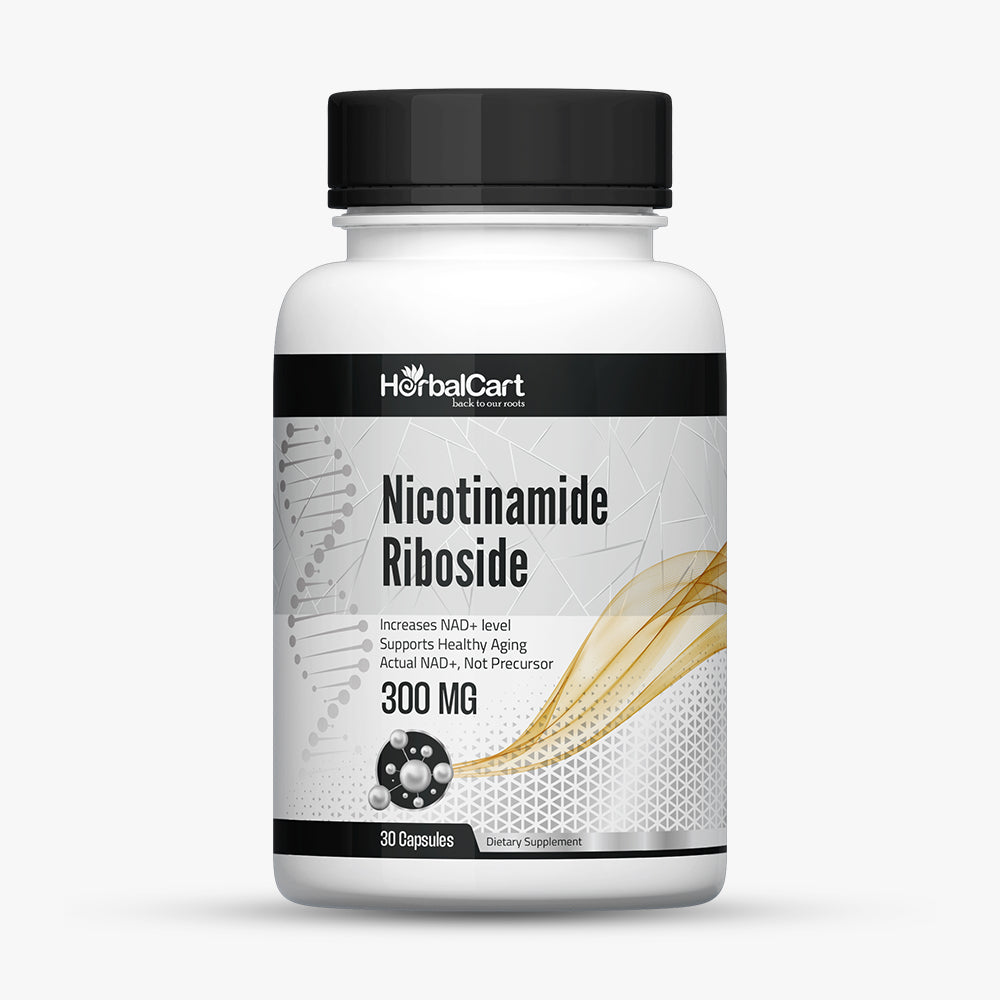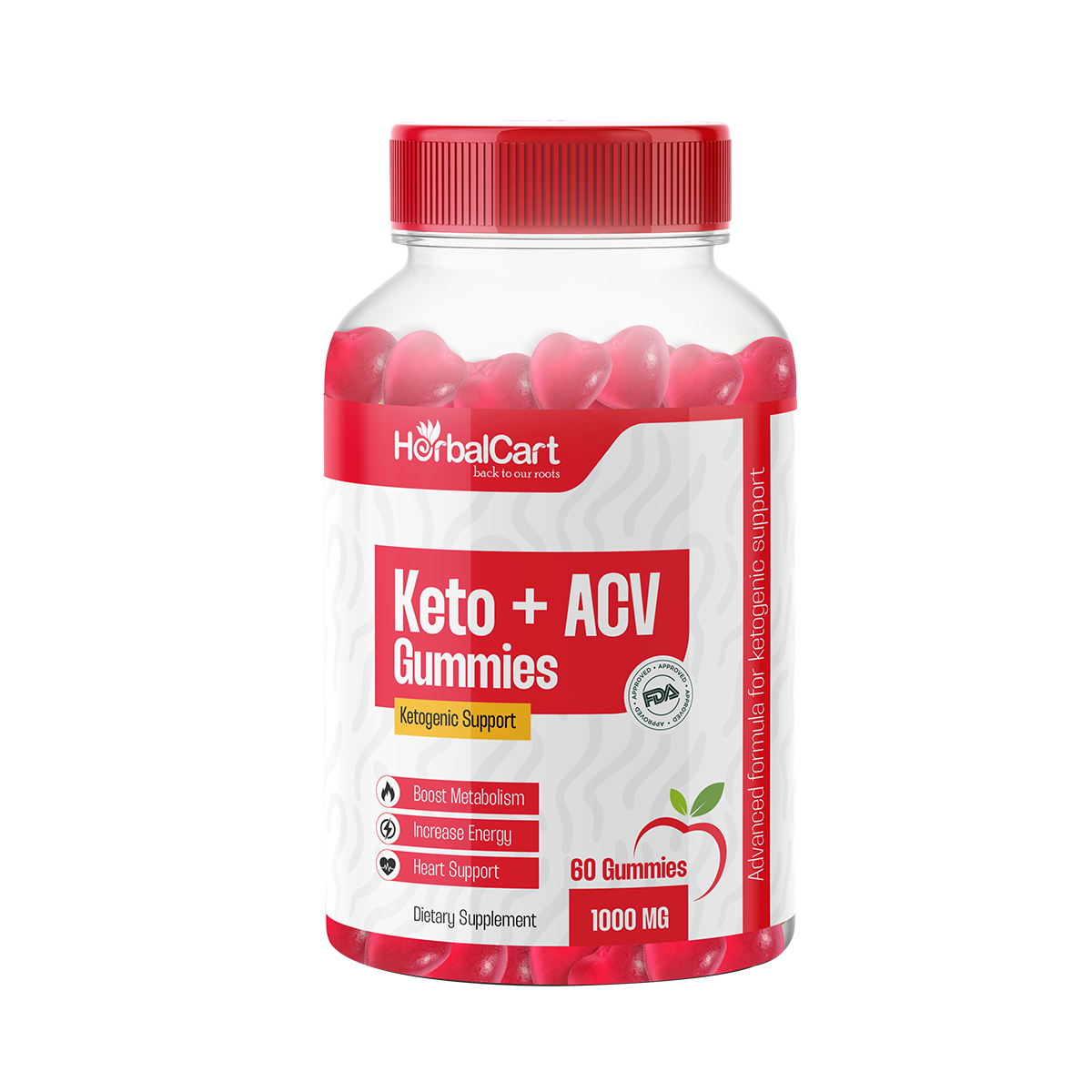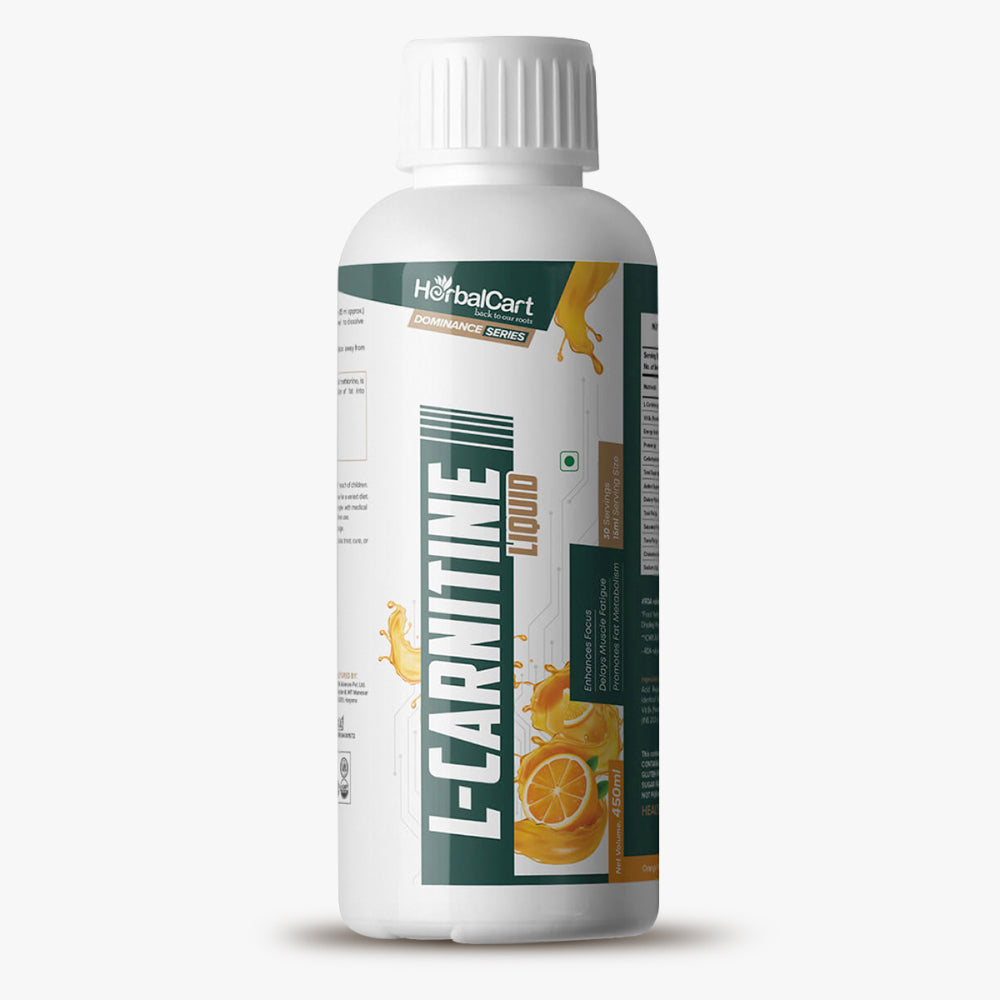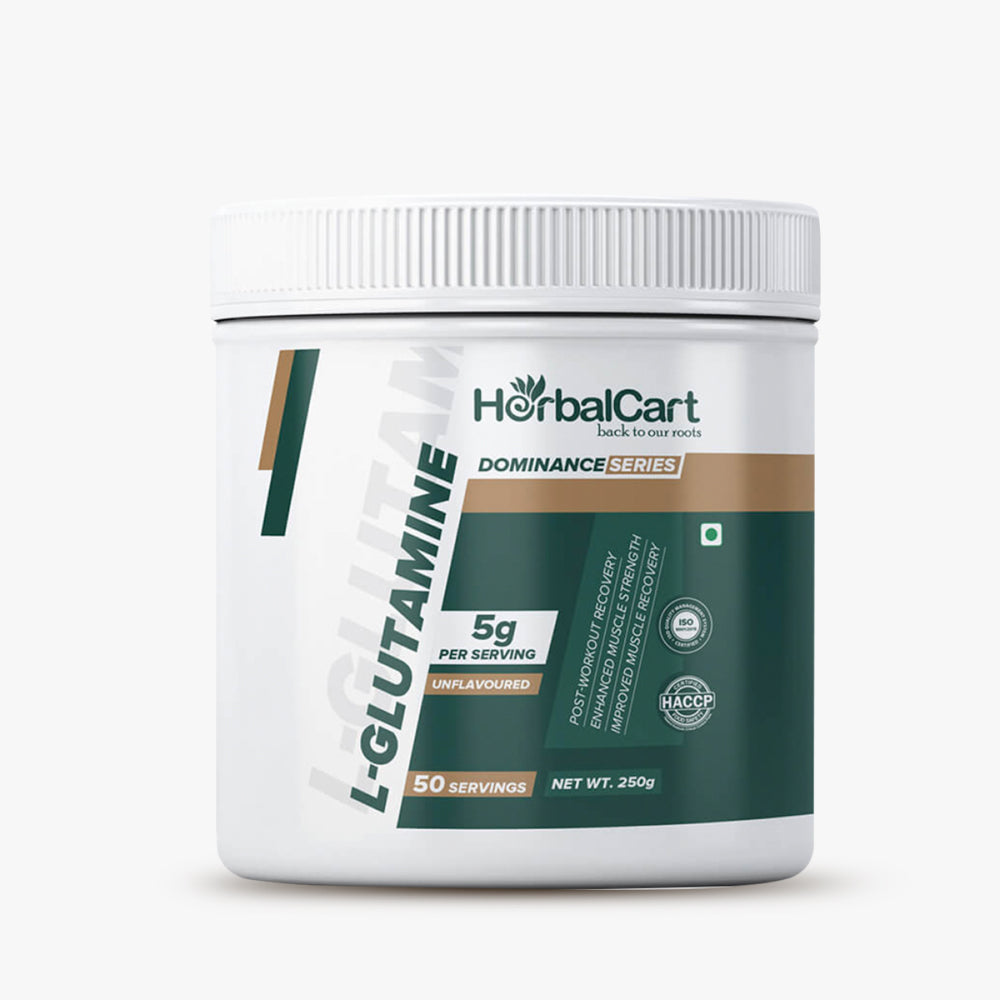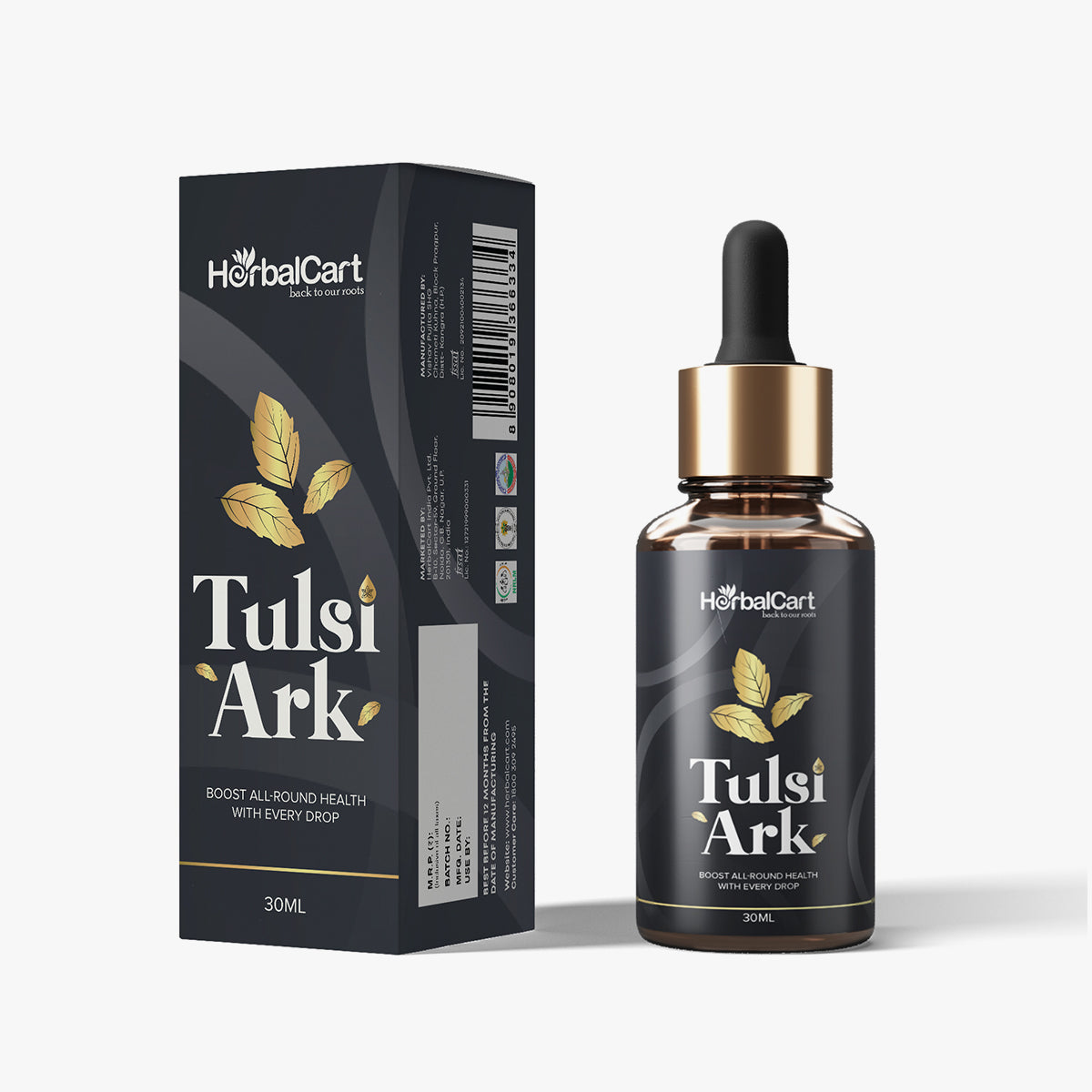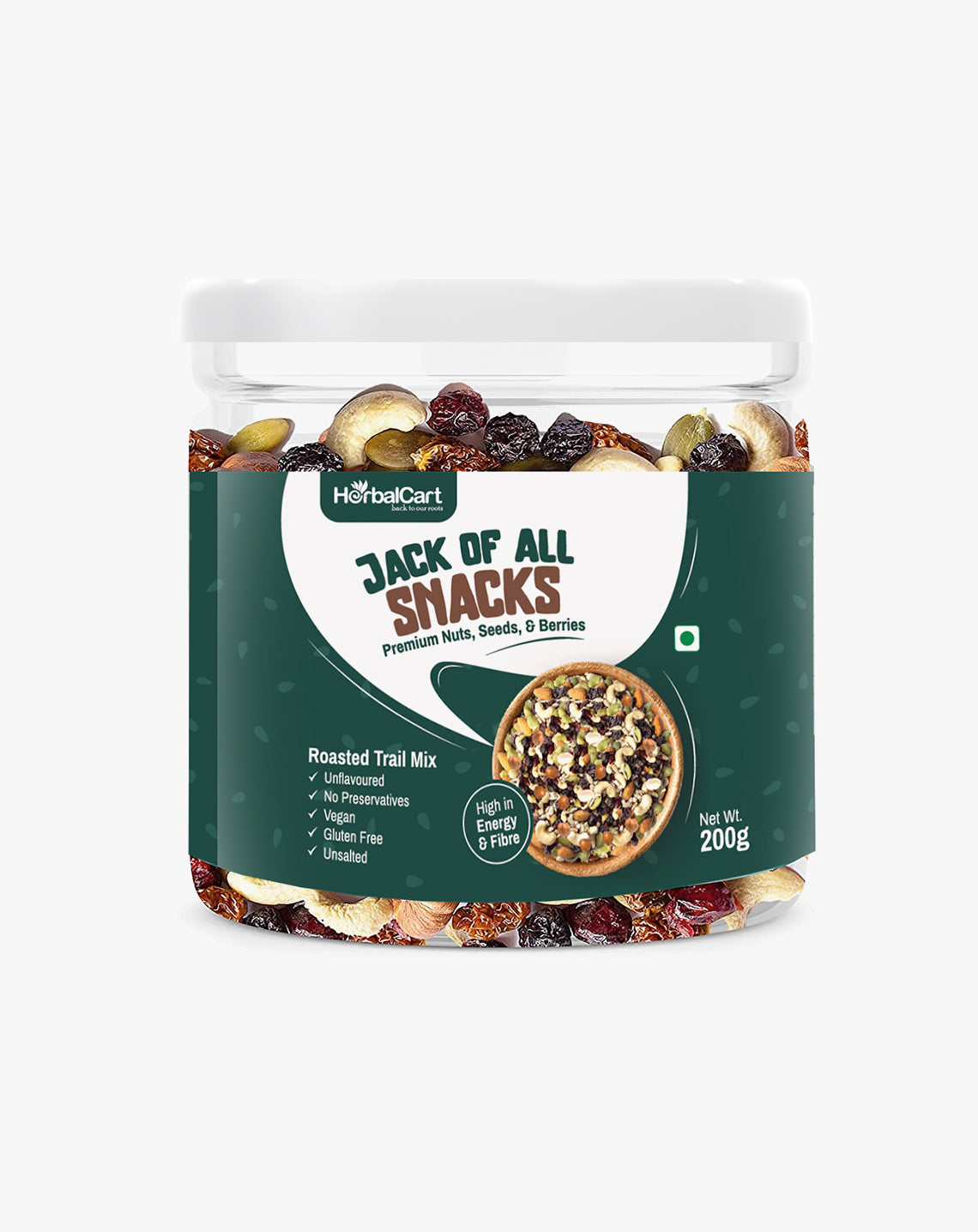We all have heard several times that “being healthy should be a part of our overall lifestyle”. Having healthy food and lifestyle can help us in preventing several chronic diseases as well as long-term illnesses. To keep ourselves healthy, we should consume a definite amount of nutrition. Taking a decent measure of nourishment frequently is the principal line of protection to stay away from numerous infections.
Here in this write-up, we will reveal to you every last detail identified with protein as it is a nutritious source of healthy living. Let’s start!
What is Protein?
Protein is a large-scale supplement that is fundamental to building muscle mass. There are three macronutrients- protein, fats, and carbohydrates which are the rich source to provide calories and energy. A human body requires a large number of macronutrients to sustain a healthy life that’s why it has been named as “macro” which means in the large amount. Protein is a rich source to provide macro-nutrients for our bodies. In every gram of protein, it has 4 calories.
Proteins are composed of amino acids, which are organic compounds made of carbon, hydrogen, sulfur, oxygen, and nitrogen. In simple language, we can say, proteins are building blocks of muscle mass.
Rich sources of protein
We can get protein from many rich sources and it can be animal or plant-based protein. Let’s focus on plant-based proteins and how beneficial they are for the human body.
Plant-Based Protein
- Lentils- Lentils and other legumes like nuts, seeds, peas, and beans are a full package of protein. They are also rich in fiber, vitamins, phytonutrients, minerals, etc. Lentils can provide up to 9 grams of protein per serving.
- Chickpeas- Chickpeas or garbanzo beans are legumes highly rich in protein, phosphorus, iron, fiber, folate, and healthy fatty acids. You can get 7 grams of protein per just 1/2 cup of chickpeas.
- Hemp Seeds- Little hemp seeds contain all nine essential amino acids. It is the richest source of protein as you will get 10 grams of protein per 3 tablespoons. Hemp seeds are easy to toss into salads and bowls to add a punch of highly rich plant-based protein.
- Tofu- Tofu offers 8 grams of protein for every 3 ounces. Rich with potassium and iron, it is the healthiest source of energy.
- Nuts- Nuts are the richest source of protein, it offers the most protein per serving.
- Quinoa- Quinoa is referred to as whole grain and it can easily replace other grains like rice and pasta. It offers us 8 grams of protein per cup. It is considered a great plant-based protein option and some people call Quinoa a “complete protein”. All whole plant food contains all 9 essential amino acids.
- Nutritional Yeast- Mostly only vegans consume Nutritional Yeast as the source of protein but we also advise non-vegans to give it a try. It is filled with B Vitamins, antioxidant glutathione, and protein. These nutty yellow flakes are an essential item for plant-based eaters.
- Tempeh– Tempeh is a less popular source of protein but is another high-protein product. You can get 13 grams of protein in every 3 ounces of tempeh.
- Beans– Chose anything from the section of beans and get 10 grams of protein in 1 cup. You can have anything from black beans, navy beans, kidney beans, cranberry beans, etc.
- Peanut butter– 2 tablespoons of peanut butter can offer you 7 grams of protein. It is also considered a source of healthy fat. It is a great source to boost the plant protein content of meals.
- Broccoli- 1 cooked cup of broccoli can offer you 4 grams of protein. That’s quite a bit for a vegetable. Broccoli has more grams of protein than some types of beef.
- Oats- Have you ever wondered a whole rolled oats pack offers 11 grams of protein. Along with a rich source of carbohydrates, Oats are the healthiest food to intake.
Is plant-based protein as good as animal-based protein?
We have seen many people asking this question. So, here in this write-up, we have decided to give answers to all those questions. If you’re vegetarian or a meatless Tuesday person, then you might have always compared your nutrition level with that of your non-vegetarian friends. Let us tell you Plant-based protein is equally nutritious as animal-based proteins.
Plant and animal-based proteins are different in some ways. All proteins are made up of amino acids that are combined to serve different purposes in the body.
The human body uses 20 different amino acids and seven of those are non-essential amino acids because our body can create them on its own. There are four essential amino acids, which our body can make, but not necessarily. Sometimes, our body fails to make those amino acids because of our sickness or weakness. The remaining nine amino acids are considered the “Essential amino acids (EAAs)”. These essentials amino acids are meant to be extracted from our diet because our body can’t create them.
These amino acids are very important for a human to function properly and effectively. They help in building and repairing tissue- like muscles as well as in building hormones, neurotransmitters, and enzymes.
Branched-chain amino acids (BCAAs), a subcategory of EAAs, play an important role in muscle protein synthesize. Muscle protein synthesize is the process when your body uses to repair and build muscles after exercise. One amino acid leucine play an integral role in triggering the process making it a well-known BCAA.
Benefits of Plant-based Protein
There are several benefits of having plant-based proteins. As we discussed above, proteins are made up of amino acids and there are 20 of them. The human body is formed in such a manner that it can synthesize or create 11 of them. The remaining 9 are termed “essential amino acids” and they must come from your diet. All the plant-based proteins are rich sources to make you meet with “9 essential amino acids”.
Plants will not only be beneficial in providing building blocks for healthy muscles and tissues but it is also beneficial for weight loss. Plant-based proteins are rich in nutrition and low in calories and fat as compared to animal-based protein. Plant-based protein can definitely help you boost your nutrient profile. Plant-based protein helps you in getting all types of vitamins, minerals, and other essential nutrients that your body needs.
Regardless of whether you need to get more fit, improve your wellbeing, or simply follow a better eating regimen, plant-based proteins are a significant bit of the riddle. Put forth an attempt to incorporate the nourishment listed above in your every day abstain from food and appreciate the advantages that plant proteins have to bring to the table!
Let’s now focus on some possible benefits of having plant-based proteins instead of animal-based proteins.
- Losing Weight- We all know that plant-based proteins or a vegetarian diet help in losing weight as it is low calories food.
- Helps the environment– Many articles have been published and many types of research have been done that shows swapping meat for plants to get essential protein can benefit the environment.
- Helpful in maintaining heart-health- Vegetarians tend to have lower diastolic and systolic blood pressure numbers that can be beneficial for the heart. It keeps the heart healthier and lowers all the risks of heart diseases.
Why is protein important?
As we know, proteins are building blocks of life. The human body needs protein to stay healthy and functional. Protein works as a fuel for your body and hence provides you enough energy to work properly. Our skin, nails, hair, cartilage, muscles and tendons all are maintained because of protein. Proteins are helpful in enzymes, antibodies, hormones, and new tissue formation.
A study suggests that plant-based amino acids are very beneficial for the human body.
Also, proteins are not only needed for muscles, we need proteins to keep ourselves mentally and physically active. If your body feels low in the daytime and craves a nap that can happen because of protein deficiency.
Protein deficiency in your body can lead to mental and physical tiredness. Moreover, you can suffer from injuries, cramping, and muscle soreness. You can also start losing your muscles or fail to build them if you don’t take proper proteins in your diet.
Are you facing a problem with concentration? If yes, then deficiency of needed protein can be the reason. Improper diet can also lead to loss of hair, brittleness, and nail breaking. Also surprisingly, protein deficiency can lead to headaches, fainting, nausea, and makes you feel cranky, anxious, moody, or depressed.
Human bodies are biologically framed to survive. If you notice any abnormal symptoms then your body is trying to communicate with you.
How much protein do you need every day?
Intake of protein differs from person to person depending on several factors like age, weight, activity level, goals, health status, diseases, height, etc. If you want to know the amount of protein your body requires in a day then you must frame a nutrition calendar for yourself. A nutrition calendar will help you in maintaining a diet with a proper portion of fats, carbohydrates, veggies, protein, etc.
Here in this write-up, we are going to present some general guidelines that will help you maintain your diet.
- Sedentary People- This category of the human body should aim for a bare minimum of 0.8 grams of protein per kilogram or 0.36 grams per pounds of body weight per day.
- Adults over 65- This category of the human body should aim for 1.2 to 2.0 grams of protein per kilogram or 0.55 to 0.91 grams per pound of body weight per day. As the research suggests, older people should intake more protein irrespective of the recommendations to slow down muscle loss.
- Athletes- Athletes are referred to as highly active people. They should aim to intake 1.2 to 2.2 grams of protein per kilogram of body weight or 0.55 to 1.0 grams per pounds of body weight. People who are obese or overweight may require to stick to the lower end of this range.
- For a Pregnant lady- During pregnancy, the female body requires more protein for proper tissue development and growth. Intake of a great number of protein benefits both the mother and baby. W suggest consuming an extra 0.55 grams per pound of protein per day.
- Average Person- We have talked about different special cases, Now, let us focus on an average person. The human body with a healthy weight, no workouts, should aim to consume 0.36-0.6 grams per pound.
Is it important to add protein sources at each meal?
Many people ask this question and we have prepared an answer for them. It’s a myth. All whole foods including greens and veggies contain protein. The human body has a system that can fulfill the requirement of protein by itself. All you need to do is eat a variety of nutritious food.
Proteins are all about the variety of food. The question of protein is a frequent one for plant-based eaters. Variety is the key to acquiring protein or all essential amino acids.
We hope that our information will benefit you. In the end, we recommended you to eat a variety of food and for plant-based eaters, it is not necessary to eat animal-based protein. Well-maintained health keeps us young and active. We all should take care of our health to live a joyful life. For more information, stay connected with us.





